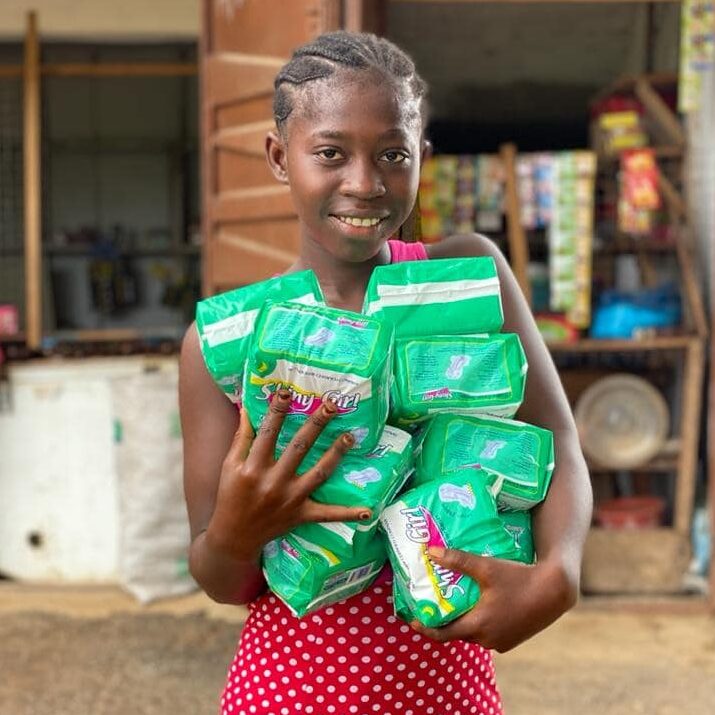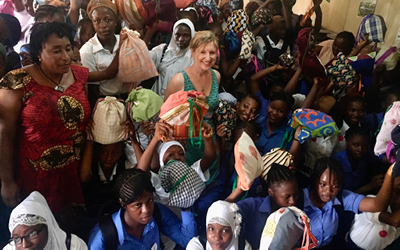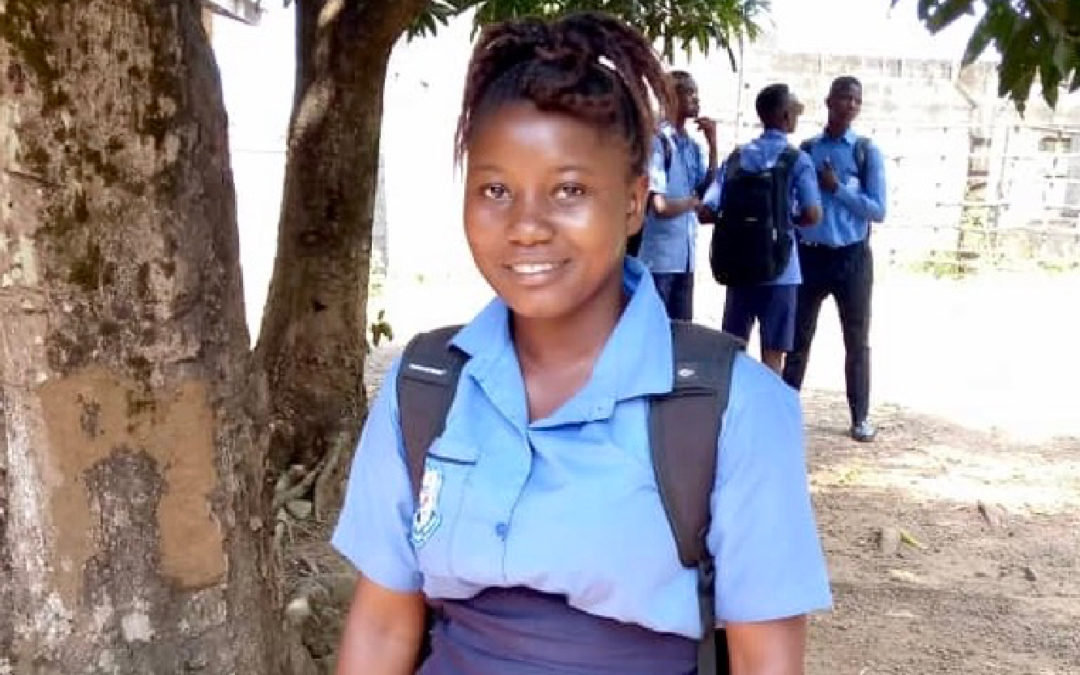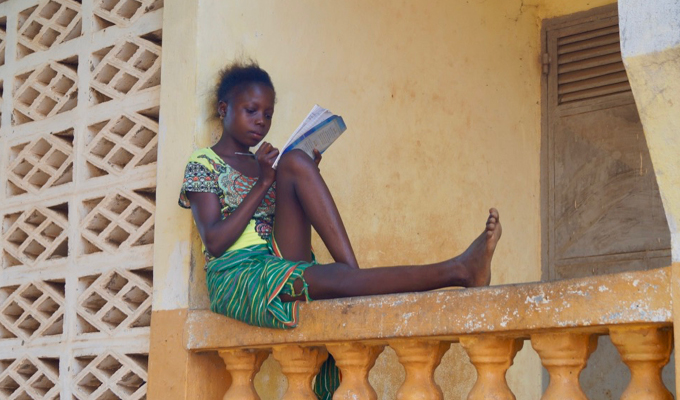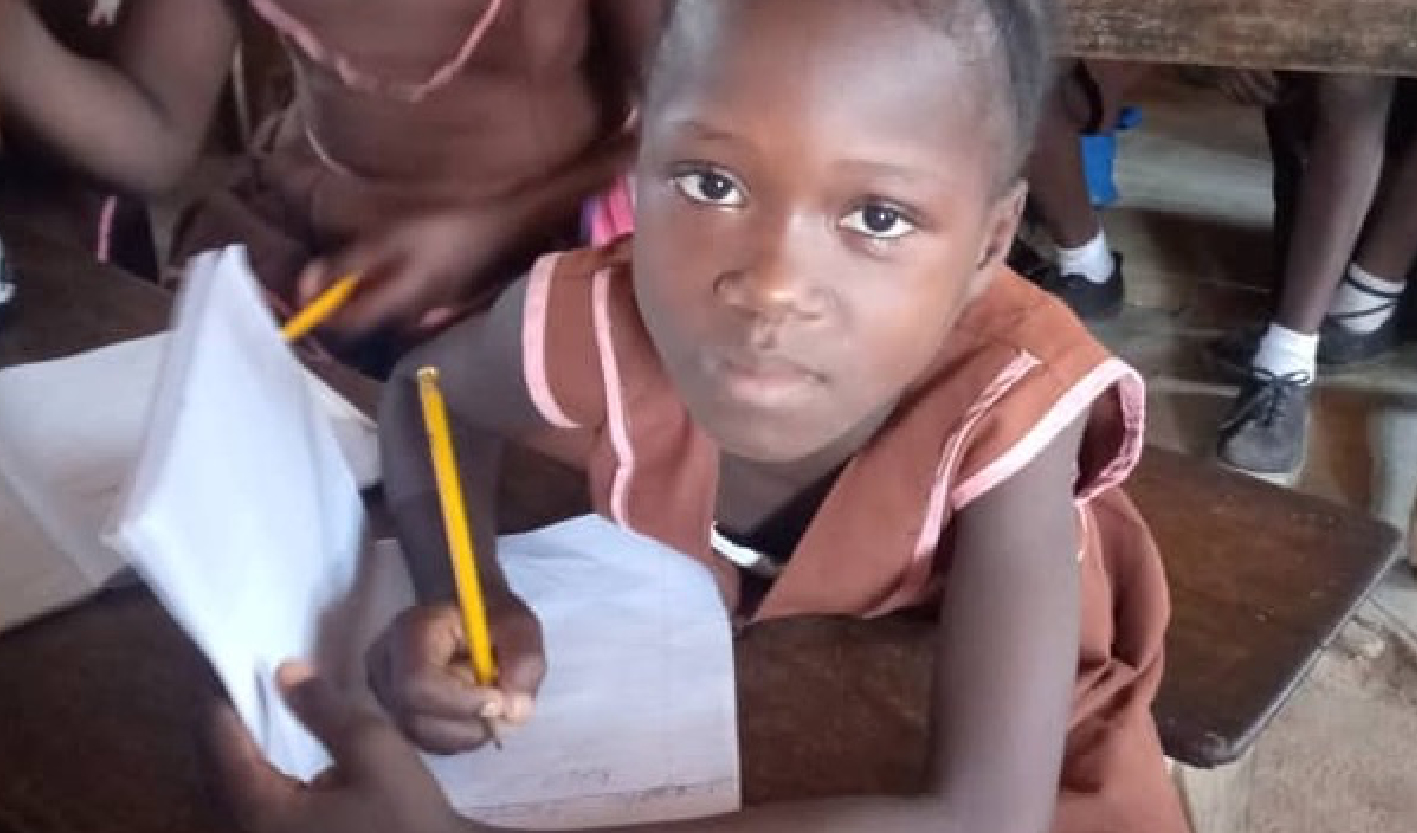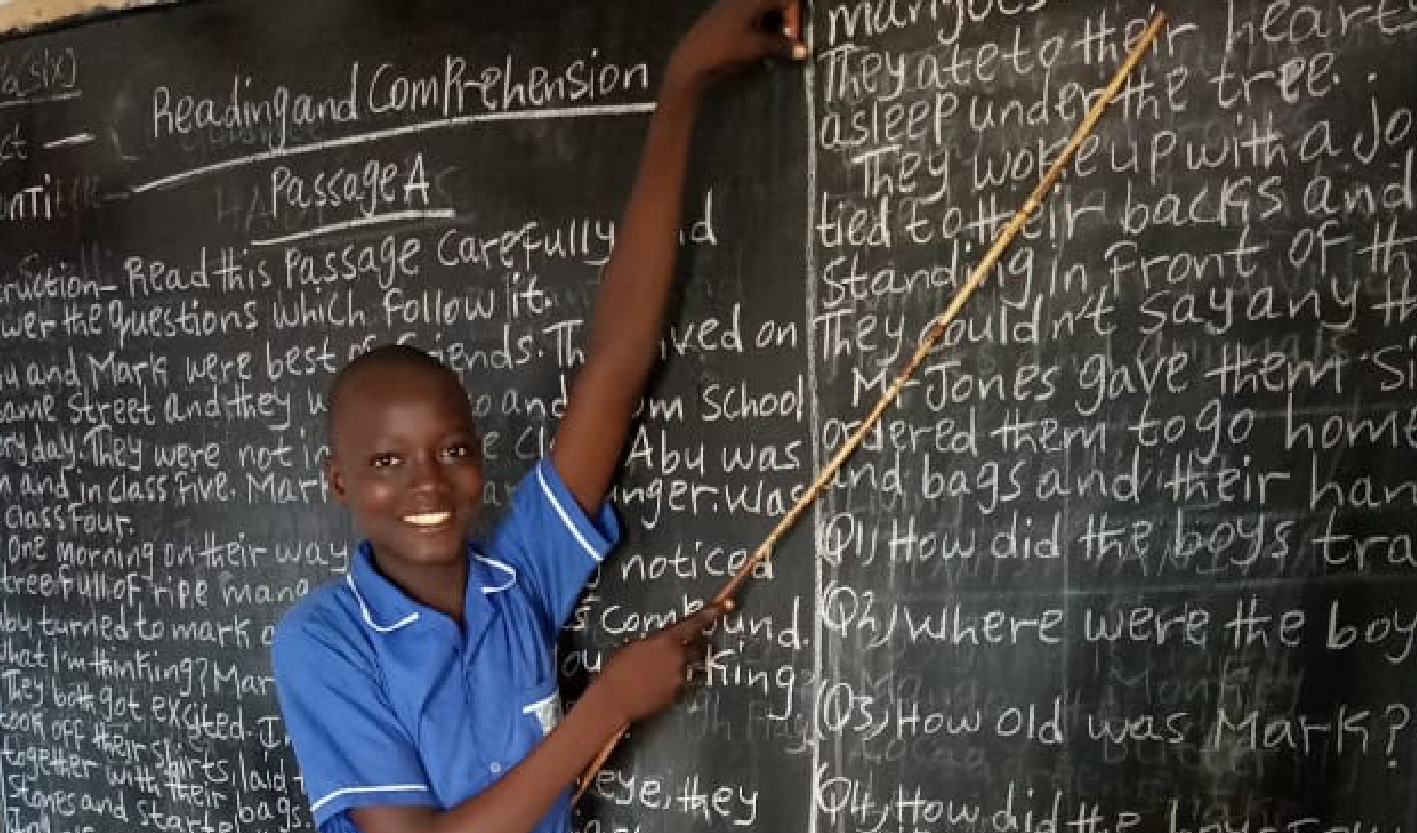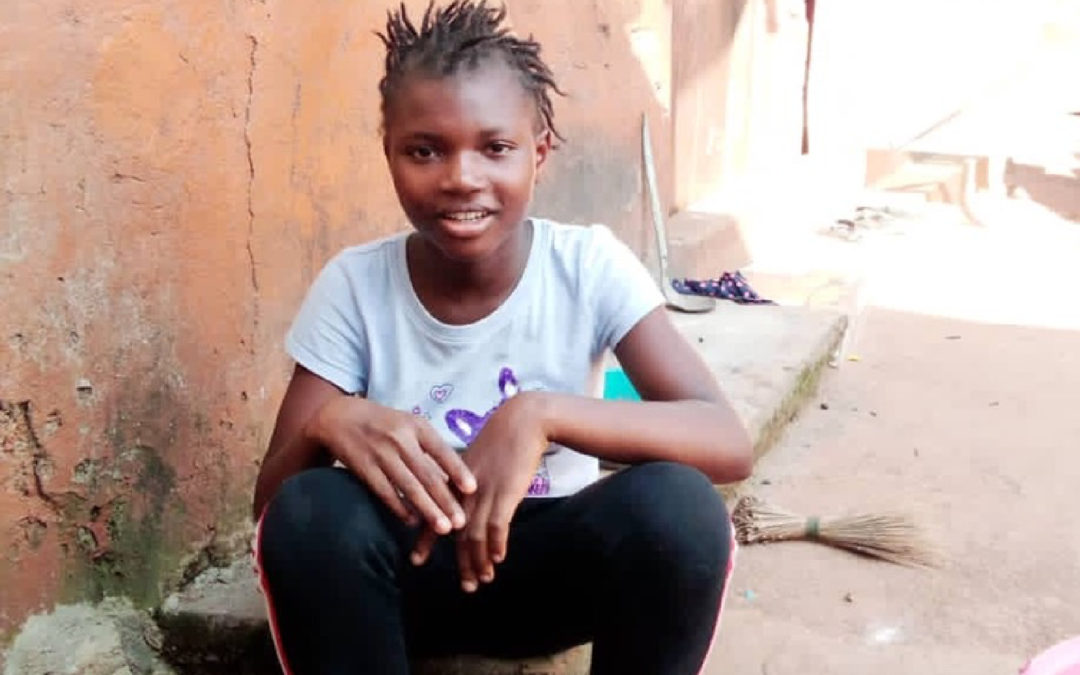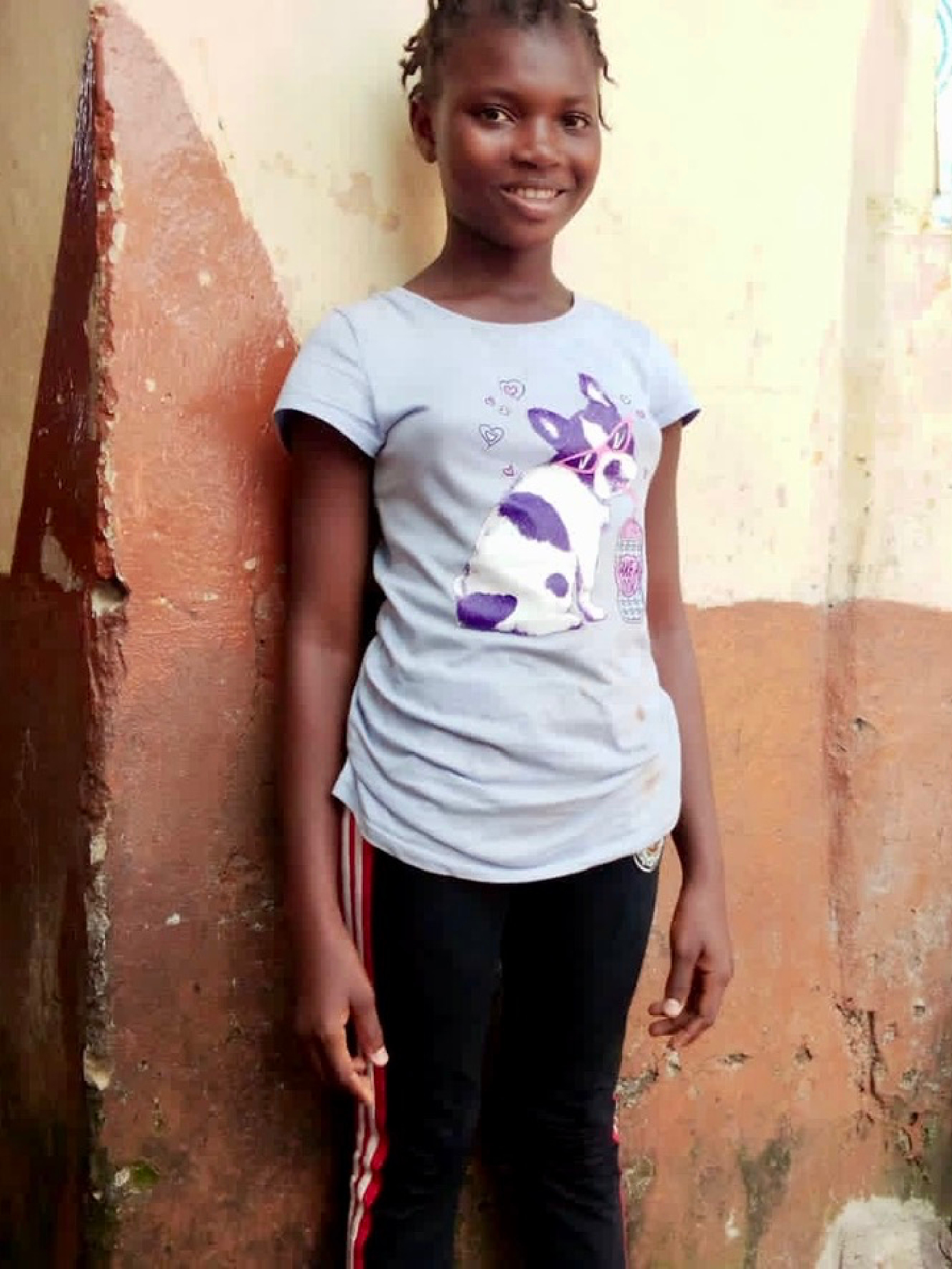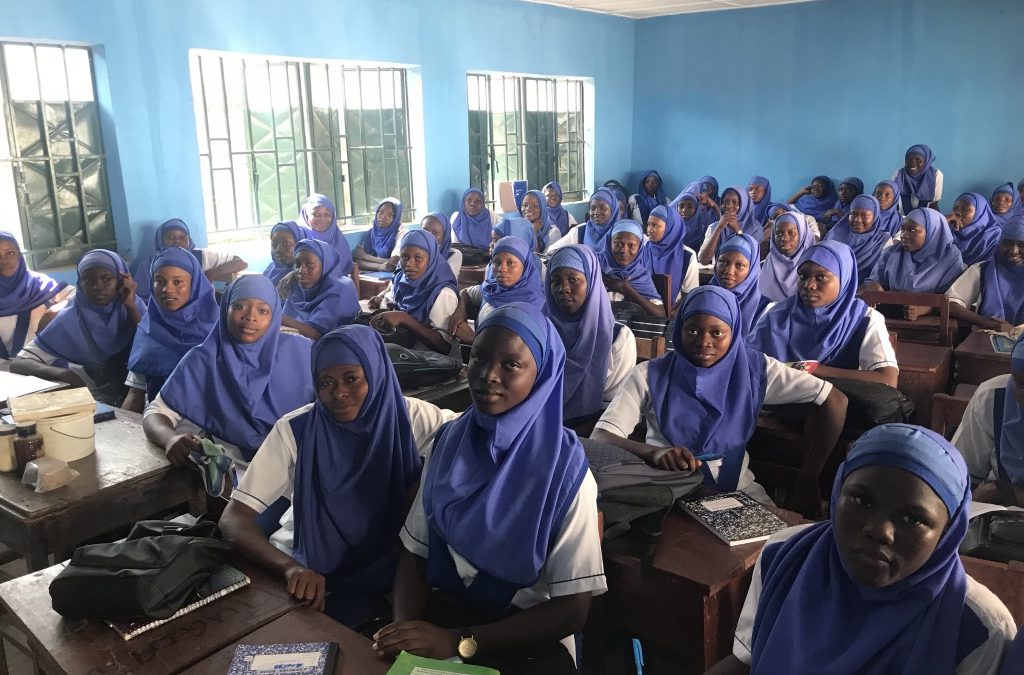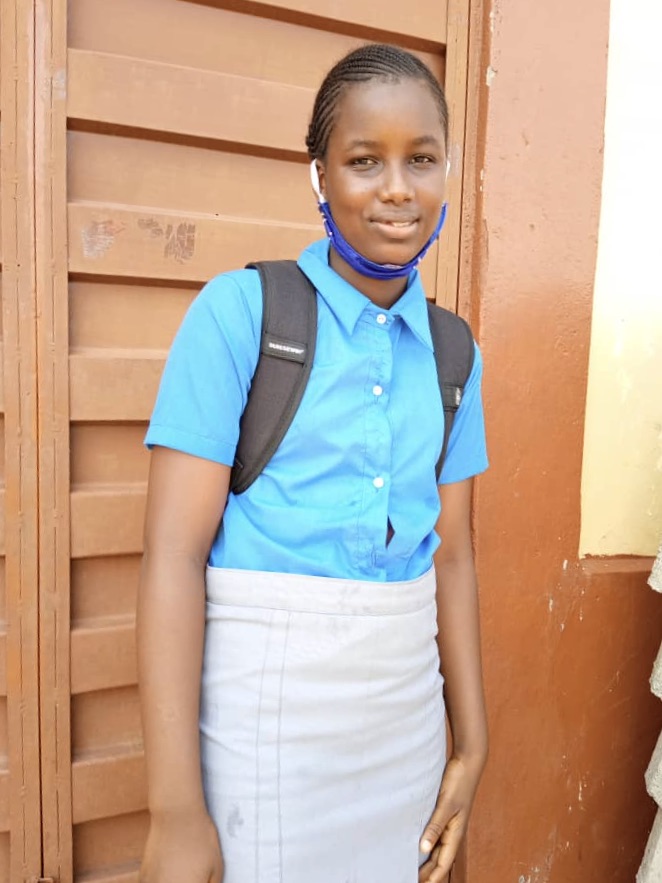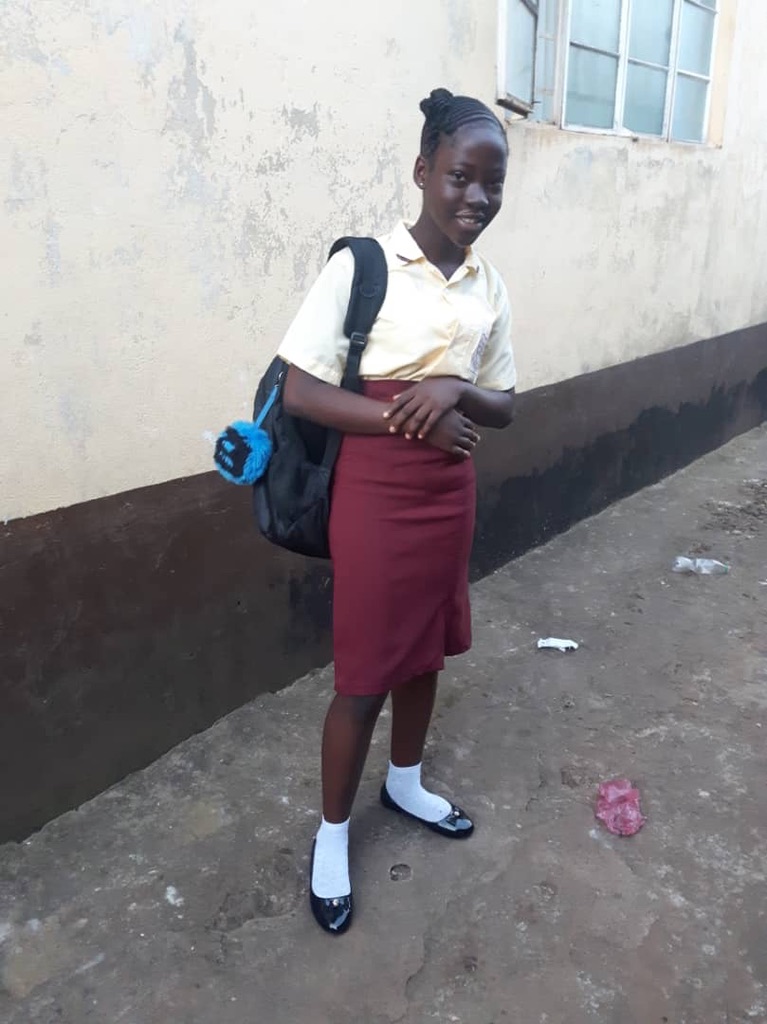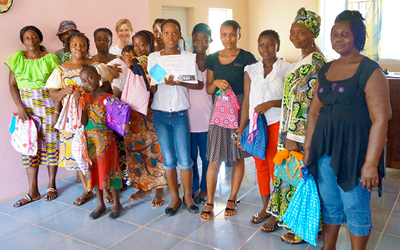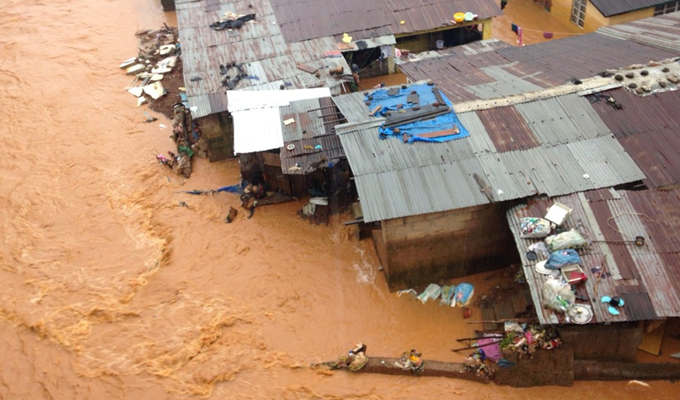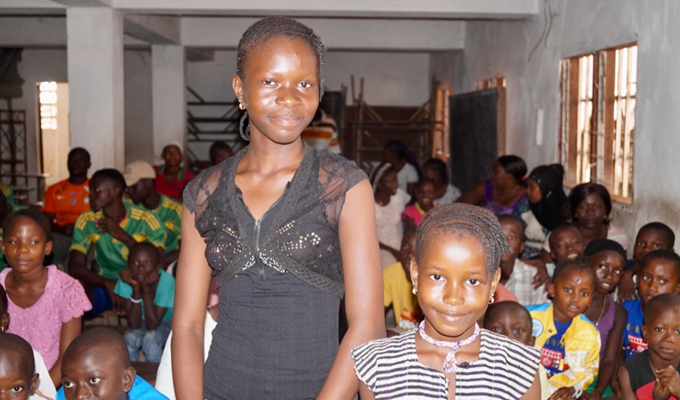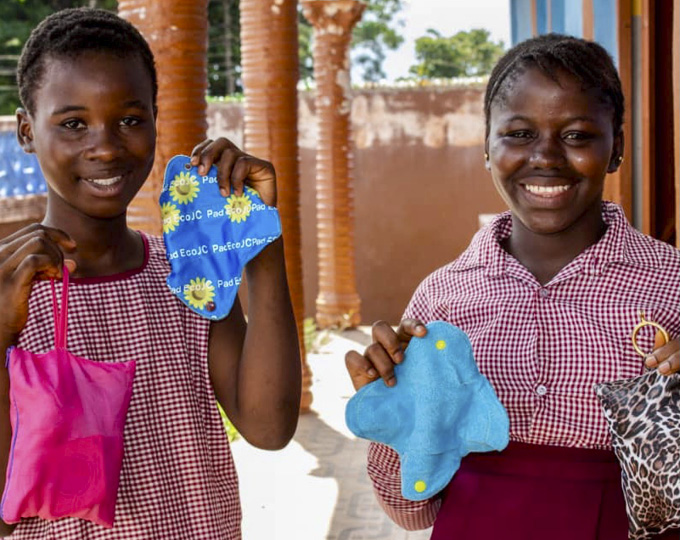
Menstrual Hygiene in Sierra Leone: A Silent Struggle
Let’s Talk Periods: Breaking the Silence and Supporting Girls in Sierra Leone
For millions of girls and women in Sierra Leone, managing menstrual hygiene is a silent struggle that impacts their daily lives. Many lack access to affordable menstrual products, forcing them to use unsafe alternatives like rags or leaves. The consequences go beyond physical discomfort, menstrual health challenges often lead to stigma, missed school days, and lost opportunities for girls to thrive.
In Sierra Leone, menstruation remains a taboo subject, shrouded in silence and misinformation. Many girls experience their first period without any prior knowledge or understanding of what is happening to their bodies. This lack of education and resources leads to fear, confusion, and shame.
For girls enrolled in The Fig Tree Children program, attending school while managing menstruation presents significant challenges. Sanitary pads are often unavailable or unaffordable, leading girls to use improvised materials like scraps of cloth, known as “pieces,” which are unhygienic and can cause infections. School facilities frequently lack privacy and proper sanitation, making it difficult for girls to manage their periods with dignity. The fear of staining their clothes or being teased by peers often results in girls missing school during their periods, leading to a substantial loss in educational time.
The Impact on Education
In Sierra Leone, 1 in 5 girls misses 20% of their school year because of menstruation, ‘menses’. Without proper hygiene solutions, many fall behind academically or drop out altogether. This loss of education perpetuates cycles of poverty, denying girls the chance to build brighter futures for themselves and their communities. In Sierra Leone, nearly 40% of girls are married before the age of 18, and 13% before the age of 15. The onset of menstruation is often seen as a signal that a girl is ready for marriage and motherhood, leading to early school dropout and limiting future opportunities.
How You Can Help
Millions of girls in Sierra Leone face barriers to managing their periods with dignity. But together, we can change that.
At The Fig Tree Gift Shop, we are proud to offer EcoPads—reusable, eco-friendly menstrual pads generously donated by Freeda Thong, founder of the former EcoPads business. These sustainable pads provide a safe and affordable solution to menstrual health challenges while also reducing waste.
Small Actions, Big Impact
When you purchase EcoPads, you’re doing more than buying a product; you’re joining a movement for change. Every sale helps us raise much-needed funds for The Fig Tree Children, while also addressing a critical issue affecting girls in Sierra Leone.
🌟 Every set you buy equals a set donated. 🌟
Let’s Make a Difference Together
With your help, we can ensure that no girl has to miss out on her education because of her period. Together, let’s take a stand for menstrual hygiene, dignity, and opportunity.
Or provide a year’s supply of sanitary pads for one girl
Don't want to buy EcoPads but still want to help? Help us ensure that girls in Sierra Leone receive a full year's supply of sanitary pads, whether reusable or disposable, based on their individual needs and situations. Additionally, $10 from each donation will support The Fig Tree Children's Emergency Health Fund, providing essential care for the children and young people in our program when they fall ill. Thank you to everyone who supports this vital campaign.
